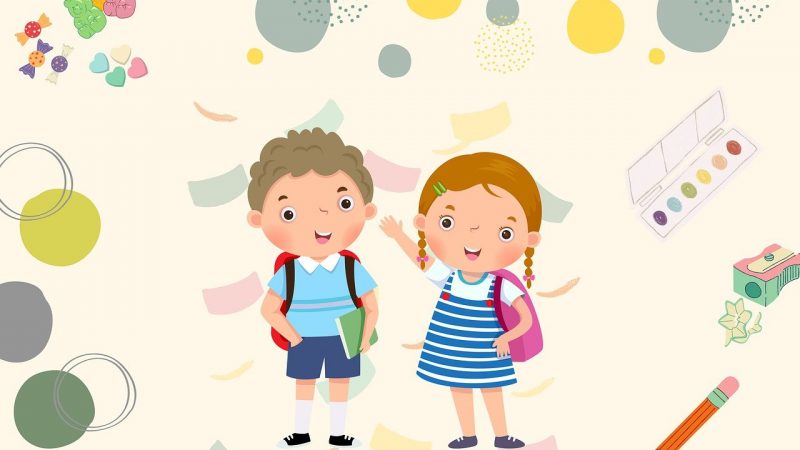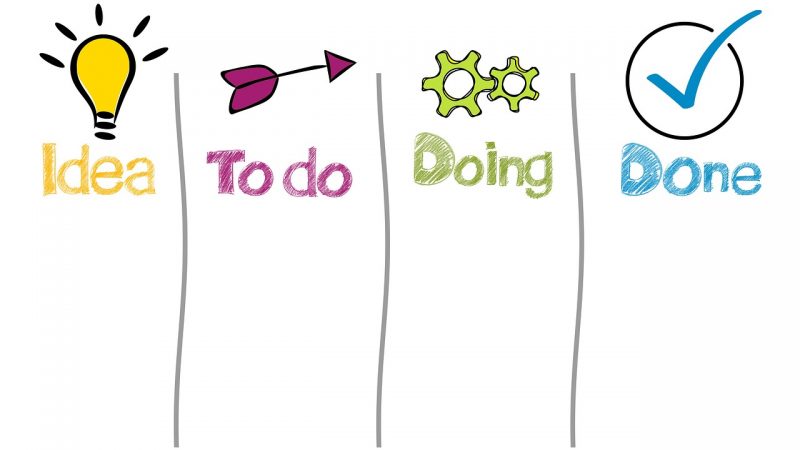Positive relationships are foundational to effective teaching and school culture. Prioritizing connection through consistent relationship-building practices cultivates trust and community. Three simple high-impact habits create the fabric for a thriving relationship-rich environment.
1. Start With Names
Learning and using students’ names embodies recognition and respect. Making this a priority transforms impersonal environments into ones where individuals feel seen.
Strategies to connect with names include:
– Personalized name tags and seating charts
– Name games and activities during transitions
– Repeating names frequently when interacting
– Affirming identities by pronouncing names correctly
– Avoiding generic nominals like “you two” or “guys”
– Having a different student act as the official class “greeter” daily
Taking time to associate stories and details with names deepens bonds further. The impact of merely using names meaningfully is immense for fostering belonging.
2. Share Stories
Stories reveal our human experiences. Facilitating story sharing builds understanding and empathy.
Ways to integrate purposeful storytelling include:
– Teachers briefly sharing tales from their lives tied to lessons
– Students presenting short bios about meaningful mementos
– Quote discussions unpacking stories behind famous words
– Debriefing current events by considering multiple narratives
– Reading culturally diverse stories exposing unique perspectives
– Partner interviews investigating peer or historical figure life stories
Storytelling develops perspective taking, self-expression, and community. Hearing each other’s experiences connects on an emotional level.
3. Make Time for Check-Ins
Taking a few minutes for casual check-ins makes individuals feel recognized, heard, and valued.
Examples of check-ins include:
– Greeting students warmly before instruction
– Starting class recapping weekend or out of school experiences
– Quick polls like “Fist to Five” to gauge energy levels
– Sharing daily wins and achievements
– Debriefing current feelings and states of mind
– Ending class with reflections or appreciations
No matter how packed schedules become, brief check-ins affirm each member of the school community.
The Power of Intentional Interactions
Small consistent actions make relationships flourish:
– Morning welcomes and handshakes at the door
– Recognizing contributions with appreciation
– Noticing new haircuts, clothes, personal styles
– Five minute hallway chats about non-academic topics
– Greeting family members by name at pickups
– Displaying student achievements prominently
With care and mindfulness, schools become ecosystems where each individual is known, seen, heard, and appreciated. Prioritizing true interpersonal connections cultivates the empathy, self-esteem and sense of belonging that underpin achievement. Thriving relationships enrich the human experience for all.










